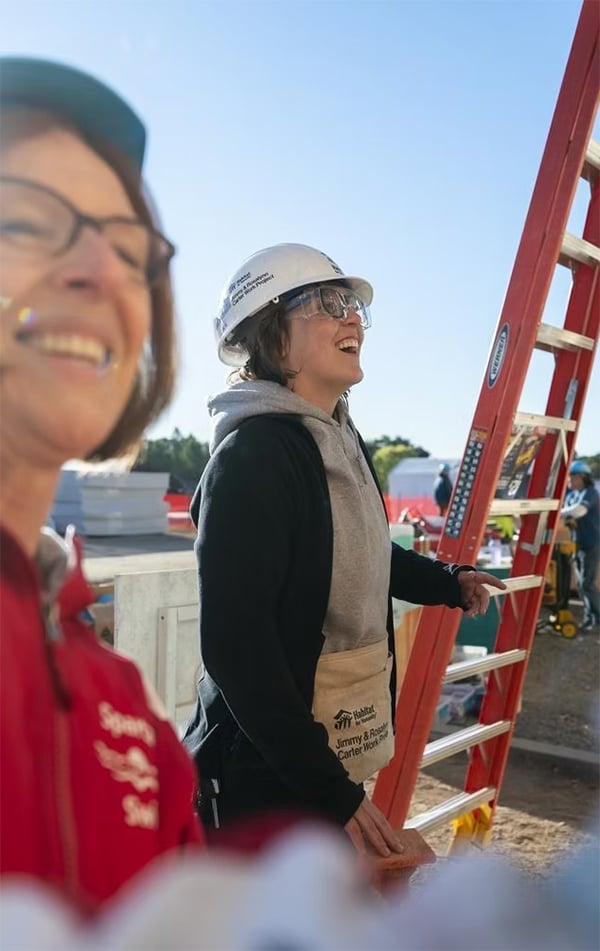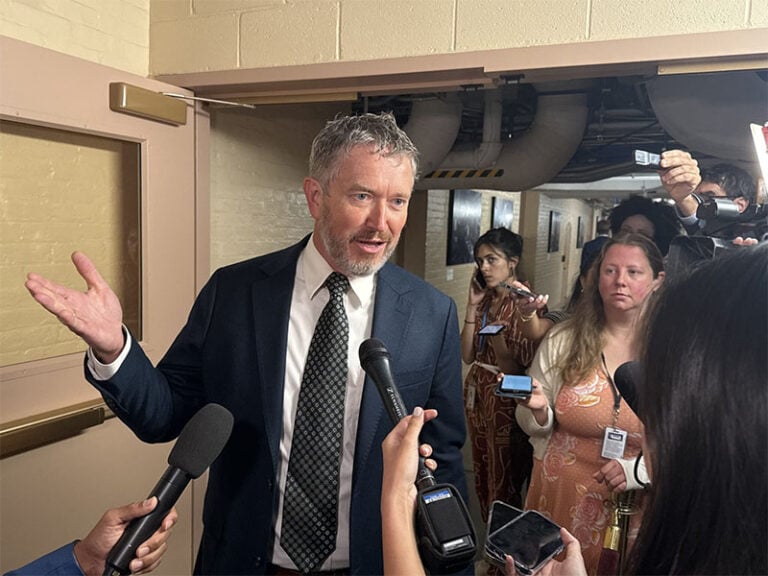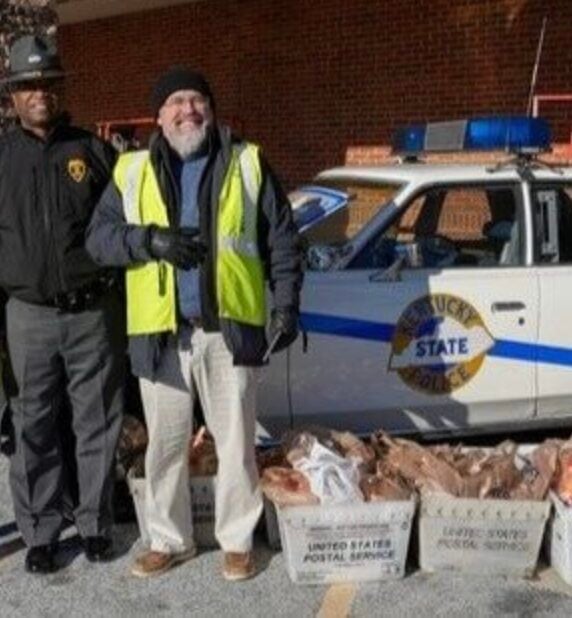County officials hope to protect prosecutors and county property valuation administrators from any cuts that may be considered during the state budget session beginning in January, according to testimony in a state legislative meeting recently.
Funding was preserved in the last budget cycle for prosecutors and PVAs despite five percent cuts across most state agencies with the passage of 2014 House Bill 235.
Kentucky Association of Counties President-Elect and Simpson County Judge-Executive Jim Henderson told the Interim Joint Committee on Local Government that funding for these offices must be preserved.
PVAs in Kentucky receive state funding to pay their deputy salaries but, according to Henderson, funding has been stretched tight. That has forced the offices to spend nearly 65 percent of their local operating funds to supplement funds to pay their deputies.

“The PVAs are telling us that they will have no alternative but to continue layoffs if they are not able to receive some assistance,” said Henderson. He said PVAs leverage $13 in revenue collections for every $1 spent on operations “so it’s a good investment to have the PVAs doing their jobs.”
Henderson and KACo Director of Governmental Relations Shellie Hampton were before the committee to present the county association’s platform for the 2016 legislative session. At the top of the list was increased funding for 911 center operations—a top priority shared by the Kentucky League of Cities during its presentation before the same committee last month.
The KACo proposal will be focused on legislative transparency in use of 911 money, more ideas for funding of 911, more local representation on the CMRS (Commercial Mobile Radio Service) Board that administers funding for implementation of wireless enhanced 911 service in Kentucky, incentives for further consolidation of Kentucky’s 112-114 PSAPs—or public safety answering points—which are the state’s 911 call centers, and elimination of some 911 cost-recovery provisions for phone companies.
Committee Co-Chair Sen. Joe Bowen, R-Owensboro, said he is glad to see the idea of further PSAP consolidation addressed in KACo’s plans. “For this concept to go forward, we have to address that.”
Co-Chair Rep. Steve Riggs, D-Louisville, said Kentucky’s large number of counties requires consideration of merger of services, especially in the 30 or so counties that cannot fully operate on their local revenue base. He said regular education of members on “interlocal agreements,” pacts between local governments to provide/share services, needs to be on KACo’s agenda.
“The (local official) turnover is constant, and just because you do it once every five years, there are a lot of people who are not hearing about that merger,” said Riggs.
Other ideas supported by KACo, said Henderson, include a local option sales tax which would allow citizens of a city or county to vote to raise their local sales tax up to a penny for a limited period of time to fund a specific project. Having the option “is an issue that KACo’s position is to support,” he told the committee.
Then there is the question of public pensions. Since the County Employees Retirement System, or CERS, is better funded than the state employees’ pension system or KERS—62 percent funded to around 21 percent funded at KERS—Henderson said there is some talk among local officials of breaking away from the Kentucky Retirement Systems and creating stand-alone county employees’ pension system.
There is no immediate plan to break away from KRS, however, nor a 2016 proposal on that subject for lawmakers to consider, said Hampton.
When asked by Rep. Phil Moffett, R-Louisville, if counties are looking at how to do more with less, Henderson said efficiency is always considered when his county proposes its budget. Hampton said counties must meet mandates on “x number of functions… If it were up to us, obviously we would not do that many.”
From Legislative Research Commission





















